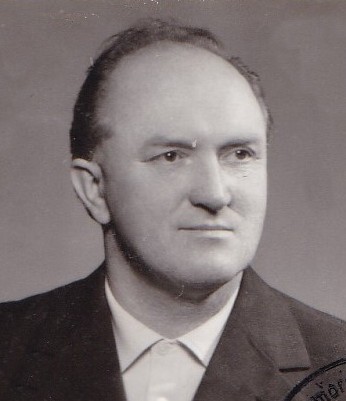It‘s hard reminiscing about it, but that‘s how it was

Stáhnout obrázek
Zdeněk Bartoň was born on 26 March 1930 in Kyjov as the eldest of five siblings. His maternal grandparents came from nearby Svatobořice, and the family used to go there to the fields that were adjacent to an internment camp during the war. The family of the witness helped the prisoners to convey information and letters. Zdeněk had friends among Jewish boys. During the war, they were marked with a star and taken to concentration camps. The Gestapo was based in the city. As a boy, the witness saw many events connected with the deportation of Jews or the detection of partisans in the area. After the front crossed in 1945, he had to control the undermining of the Kyjov hospital and was the one who hung the Czech flag on the hospital‘s chimney as proof of liberation. He apprenticed at the local power plant and graduated from a technical school in Brno. He was interested in radios and tried to pick up the signals he tuned in to. In 1951, he was arrested and interrogated for this. He performed his military service in Prague and served as a radio operator. As a soldier, he attended the funeral of Klement Gottwald. After returning from the war in 1956, he got married and worked at ČSAD in Kyjov. In 1967, he was commissioned to build the Apprenticeship Center in Kyjov, becoming the first director of the automotive school. He joined the Communist Party of the Czech Republic during normalization and handed in his party ID card after the fall of the communist regime in Czechoslovakia. In 1990, he retired and started driving the bus abroad. He and his wife Maria lived together for sixty-two years and raised two children. Today (year 2023), Zdeněk Bartoň lives in Kyjov.




































